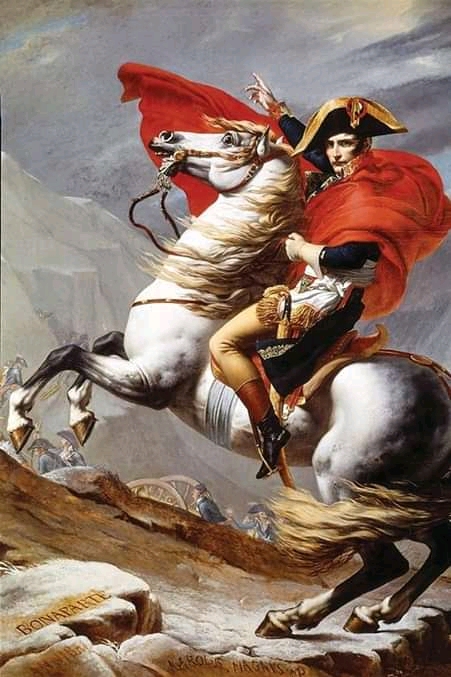The 126 french & Russian soldiers who died during Napoleon’s campaign will be laid to rest today
By Angela Nyakuni
The 126 French and Russian soldiers who died during Napoleon’s catastrophic retreat from Moscow in 1812 will be laid to rest today near the western city of Smolensk.
The re-burial from one of history’s bloodiest battles is part of France’s bicentenary fete marking the death of modern European emperor and one of greatest military geniuses.

The Moscow Campaign involved 1.5 million soldiers cost Napoleon over 500,000 soldiers leading to his subsequent defeats in The Battle of Nations at Leipzig (Saxony) 1813 & Waterloo (Belgium) 1815 ending his grip on Europe.
The ceremony near the western city of Smolensk will see the re-burial of 126 people killed in one of the bloodiest battles of Napoleon’s Russian campaign. The interment takes place as France marks the bicentenary of the military leader’s death this year.
Descendants of 19th-century Russian and French military leaders as well as dozens of re-enactors are expected to attend the burial in Vyazma, a town more than 200 kilometres (120 miles) west of Moscow.
Remains of 120 soldiers, three women and three teenagers were discovered in a mass grave by archaeologists from both countries in 2019. The dig was led by Pierre Malinowski, the Kremlin-connected head of the Foundation for the Development of Russian-French Historic Initiatives.
The three women are believed to be so-called “vivandieres”, who provided first aid and kept canteens in the French army, while the three adolescents are believed to have been drummers.
All are thought to have fallen during the Battle of Vyazma on November 3, 1812 at the beginning of the French army’s retreat from Moscow and before the horrific crossing of the Berezina River.
The ceremony, complete with a gun salute, will mark a rare moment of unity between Russia and Europe at a time of heightened tensions over a litany of issues including the Kremlin’s increasingly harsh crackdown on political opposition. This is a sign of reconciliation between the two states.
